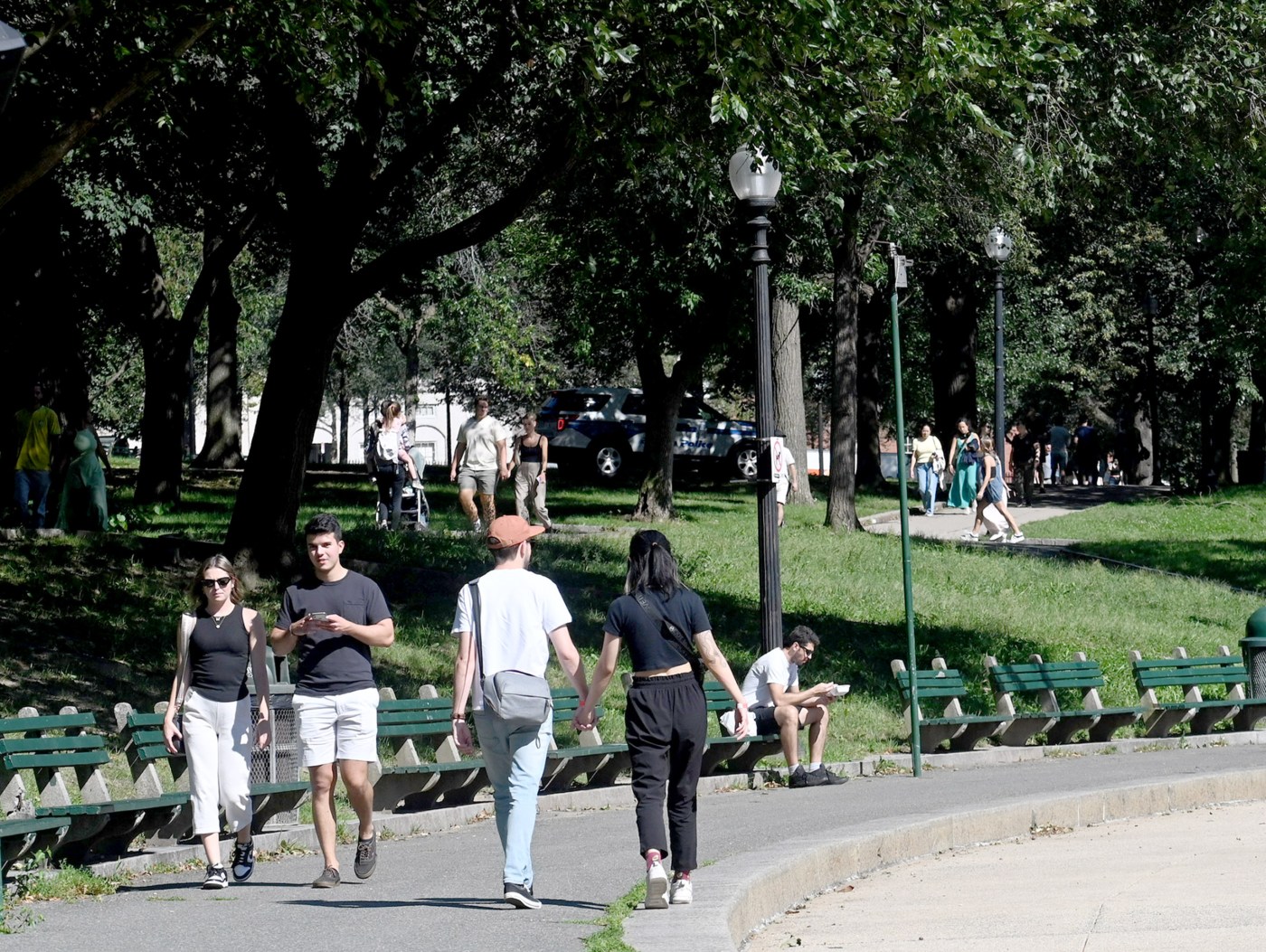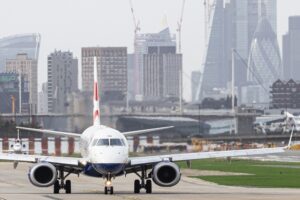
Editorial: Boston should take action now on public safety concerns
Boston is having a “canary in a coal mine” moment, as public safety concerns and recent violent crimes are making their mark on city life.
After a near-fatal stabbing of a man in Downtown Crossing last week, City Councilor Ed Flynn said last week:
“Residents, workers and tourists continue to tell me that they no longer feel safe in Downtown Crossing and Boston Common,” Flynn posted on X, the site formerly known as Twitter. “With several permitted events already scheduled in Boston Common, I’m recommending these events not take place.
“Many parts of Boston Common are no longer safe,” he added.
Boston Police statistics show that Downtown Crossing is the second-most dangerous district in the city.
This weekend, Daniel Berger-Jones, CEO and president of Boston History Company, told the Herald that the expansion of open drug usage and violence on the Common is making the firm re-think the route of the tours it leads. One possibility: perhaps starting his tours from the North End working backward, potentially ending before the Common.
Amanda Linehan, a city councilor in Malden, said on X “My husband has been a Freedom Trail guide for 11 years and the stress of keeping his groups safe on the Common and downtown is pushing him to the breaking point this year,” Linehan wrote. “It’s way, way worse than anyone is acknowledging and is absolutely affecting livelihoods.”
Flynn said he wants to see a heavier police presence on the Common, and a security plan in place for events with enough officers to “ensure the safety of all people” in the area.
Mayor Michelle Wu’s office doesn’t share Flynn’s views.
“Boston is the safest major city in the country, with historic record low crime citywide thanks to the hard work of officers and residents through community policing and our dedicated approach to ending violence through coordinated, data-driven, year-round efforts,” a Wu spokesperson said in a statement.
While the mayor and other city leaders can dismiss Flynn’s statements, and even disregard the experiences of tour operators and others voicing concern about safety in the area, public perceptions driven by violent incidents and drug users in plain sight are not as easily countered.
Stabbings, shootings, muggings, random attacks, and the presence of drug users and their paraphernalia paint a picture of Boston with residents and visitors who read and watch the news.
A festival marred by gunfire is bound to give pause to families thinking of an outing at Franklin Park. Convention-bookers have their choice of cities in which to settle down for a few days and spend money. They want their organization’s personnel to be able to enjoy the sights and flavor of the destinations they pick, not follow a map of “no-go” areas.
The Common, established in 1634, is America’s oldest public park, a must-visit for history buffs visiting our city. What do we want them to see?
The consequences of failure to take action (beefing up a police presence, ensuring public events remain safe) will become evident as tour groups rethink their history routes in the area, and visitors opt for other areas to enjoy with their families.
The name Downtown Crossing should evoke thoughts of shopping and dining, not the latest crime to pop up in the news. The same for Boston Common. The city can expend energy on fixing the problems now, or down the road when PR damage control is needed to bring visitors back to the area.
Editorial cartoon by Bob Gorrell (Creators Syndicate)

